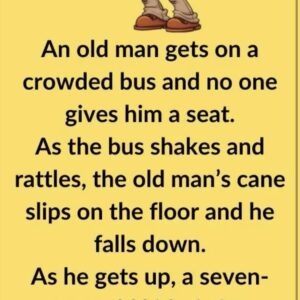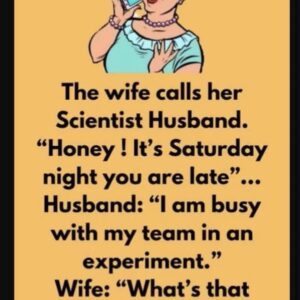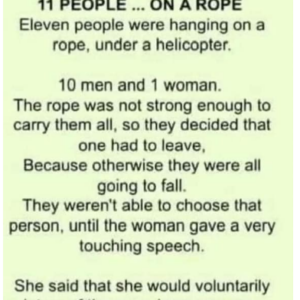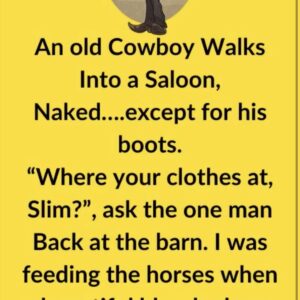Fitness influencer Emily Skye boasts millions of fans thanks to her authentic approach to fitness, but she recently made a very brave confession about her health that her fans knew little about

An influencer admitted she felt “strange” all her life until doctors gave her a life-changing diagnosis.
The fitness star has worked super hard to get into shape, and now Emily Skye boasts more than 2million Instagram followers thanks to her authentic approach to fitness. But, at the age of 39, she’s now opened up about her health.
Emily told her followers that she’s always felt a bit odd, but she’s never been able to find out why. Now the mum has been given an answer, and it’s completely changed her outlook on life.
She told her fans it really scared her to open up about it, but she’s been diagnosed with ADHD. After years of overthinking, having multiple thoughts all the time and simply having “terrifying days” – she’s finally learning to understand why it happens.
Since being diagnosed, Emily said it explains “a lot” about why she is the way she is. People may not know this about the mum, but she is obsessed with people pleasing and also has a great fear of rejection.
Now she knows a little more about why her mind appears to be in overdrive sometimes.

Writing on Instagram, Emily said: “Sharing this scares the s*** outta me, but here goes. I’ve always felt like I’m ‘strange’ & misunderstood, & have never felt I belong in the world. I’m super sensitive, think differently, overthink, catastrophise, hyper focus & have multiple thoughts at the same time NON-STOP.
“Daily tasks at times are impossible for me, & sometimes just stepping out of the house feels terrifying. I’ve just been diagnosed with ADHD & RSD (Rejection Sensitive Dysphoria) – which explains why I people-please so much & get so upset when faced with rejection, or even the perception of it – which tends to be my default reaction!
“The fear of rejection is paralyzing at times, hindering me from taking action. It’s likely the reason I place immense pressure on myself to achieve perfection… a goal that is unattainable & often leads to more distress, ultimately resulting in inaction.
“Throughout my life, I’ve carried the belief that I am broken, incompetent, & unintelligent, harbouring deep self-hatred as a result. The burden of guilt & resentment towards myself has been overwhelming.
“Living within my own mind for the past 39 years has been undeniably exhausting, at times making me wish I could escape my own thoughts. I’ve long been aware that I don’t fit the mould of what is considered ‘neurotypical’ & I’ve found relief & validation in officially getting a diagnoses. I can now help myself & show self compassion.”
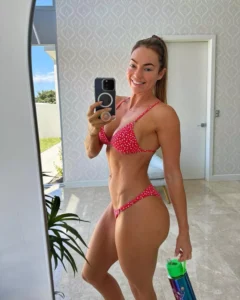
She also said she’s so thankful to her family and friends who always accept her no matter what. Emily is super grateful for her partner, Dec, who has stood by her side for the past 14 years.
As well as this, she noted the decision to start exercising in her 20s really helped her, as it’s been a consistent factor that helps her “tremendously”. She also said that ADHD and RSD do not define her, or mean that she’s “broken” in any way.
The mum said she’s “wonderfully unique”, and she doesn’t truly believe there’s such a thing as being “normal” deep down. What’s more is she knows she’s not alone.
Since she shared the post, over 25,000 people have liked it, and her followers were quick to comment too. They thanked her for opening up about the matter, and also shared some of their own stories too.
One person said: “Wow. I have never felt more seen and understood. This is 1000% me as well and it can get so overwhelming and exhausting. Thank you for sharing love. You are not alone.”
Another wrote: “You are wonderful just as you are. No matter the title or diagnosis but I hope it helps bring you clarity.”
A third replied: “I finally got my ADHD diagnosis in September at 28. I knew there was a reason why I felt like I related to you so much.”
Meanwhile, a fourth commented: “Thank you for being so open and sharing with your followers. The thing that worries me and i feel sad for them, is how many people in adulthood (30s and 40s) that are only just being diagnosed. Or is it people are just being more open?”
